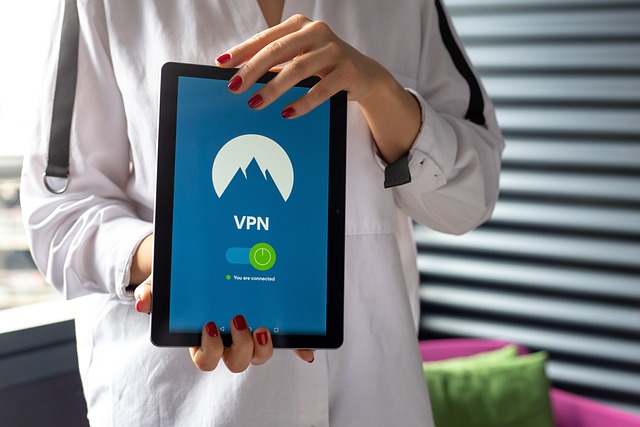In an increasingly interconnected world, where our lives are intertwined with the digital realm, privacy and security have become paramount concerns. With the rise in cyber threats, surveillance, and data breaches, safeguarding our online activities has become a necessity. This is where Virtual Private Networks (VPNs) play a crucial role. In this blog post, we will delve into the significance of VPNs in protecting your privacy and enhancing your digital security.
Understanding VPNs
A Virtual Private Network (VPN) establishes a secure and encrypted connection between your device and the internet. It acts as a protective shield, ensuring that your online activities remain private and secure from prying eyes. By routing your internet traffic through an encrypted tunnel, VPNs offer several key benefits. We will discuss the vpn benefits below.

Enhanced Privacy
One of the primary functions of a VPN is to safeguard your privacy. Here are some ways in which VPNs accomplish this:
IP Address Masking: VPNs hide your true IP address and replace it with one from their server network. This prevents websites, advertisers, or hackers from identifying and tracking your online activities.
Encrypted Data Transfer: VPNs encrypt your internet traffic, making it nearly impossible for anyone to intercept and decipher your sensitive information, such as passwords, credit card details, or personal messages.
Anonymity: By using a VPN, your online activities become anonymous, as your true identity and location are concealed. This is particularly useful when accessing content or websites in countries with strict censorship or surveillance.
Securing Public Wi-Fi Connections
Public Wi-Fi networks are notorious for their vulnerability to attacks. VPNs provide a layer of security when connecting to such networks:
Encryption: When connected to a public Wi-Fi network, VPNs encrypt your data, preventing hackers from intercepting your information or injecting malicious software.
Man-in-the-Middle Attacks: VPNs protect against man-in-the-middle attacks, where an attacker intercepts communication between you and the intended server, stealing sensitive data or injecting malicious content.
Bypassing Geographical Restrictions
VPNs enable users to bypass geographical restrictions and access region-locked content or services. Whether it’s streaming platforms, social media, or websites blocked by governments, VPNs offer the ability to overcome these restrictions by connecting to servers in different locations.
Business Applications
VPNs are not only beneficial for individuals but also for businesses:
Remote Work: VPNs provide a secure connection for remote workers, allowing them to access company resources and confidential data without compromising security.
Inter-Branch Communication: Businesses with multiple branches can use VPNs to establish secure connections between offices, ensuring the confidentiality of their communications.
Conclusion
In an era where privacy and security are increasingly under threat, Virtual Private Networks (VPNs) act as essential tools for safeguarding your digital footprint. By encrypting your data, masking your IP address, and offering anonymous browsing, VPNs bolster your privacy and protect your sensitive information from cyber threats. Furthermore, VPNs enable users to bypass geographical restrictions and offer valuable applications for businesses. Embracing VPN technology is a proactive step towards ensuring a safer and more private online experience for individuals and organizations alike.